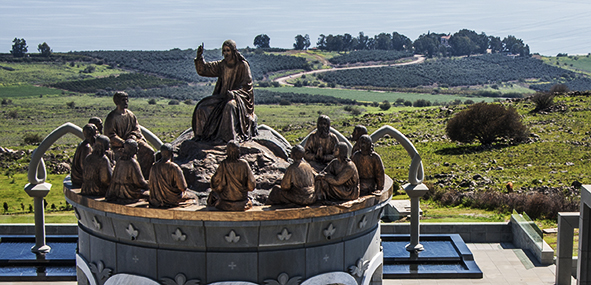 Tomorrow is the Solemnity of All Saints.
Tomorrow is the Solemnity of All Saints.
The response to the psalm is somewhat reminiscent of a comment attributed to St Thomas Aquinas: the first thing required of a saint is that they should want to be a saint.
Such are the men who seek your face, O Lord.
The Lord’s is the earth and its fullness,
the world and all its peoples.
It is he who set it on the seas;
on the waters he made it firm.Who shall climb the mountain of the Lord?
Who shall stand in his holy place?
The man with clean hands and pure heart,
who desires not worthless things.He shall receive blessings from the Lord
and reward from the God who saves him.
Such are the men who seek him,
seek the face of the God of Jacob.
Psalm 23:1-6
To know God is to love God and is to seek to be like him.
To search for God, oddly, is to search also for your true self. It is to seek to find, to be, the one you have been created to be, but cannot be without the co-‘creation’, that is fruit of our fullest cooperation with the grace of God.
The psalm acknowledges that all belongs to God; that we must come to God empty, but ready for that cooperation, that life, that is communion with God.
- Which Saint inspires you? Why?
- In which way are you next called to learn of the holiness of God?
Tabernacle with saints, St Eugene’s Cathedral, Derry. (c) 2003, Allen Morris.








